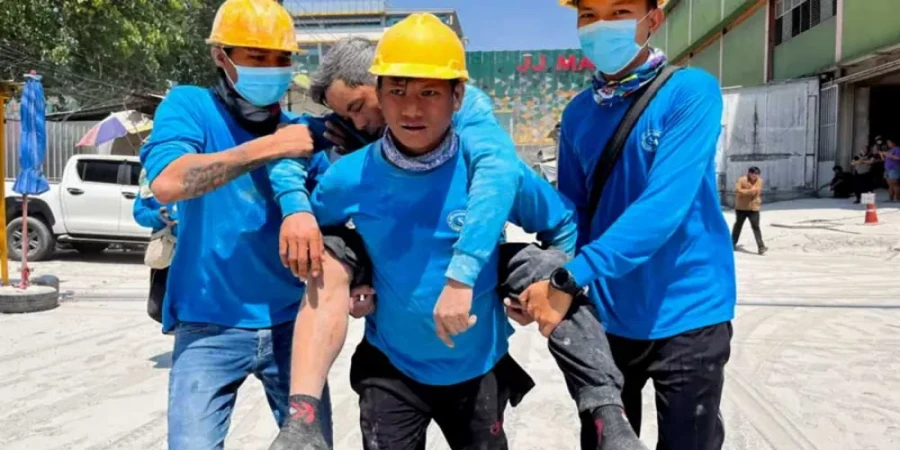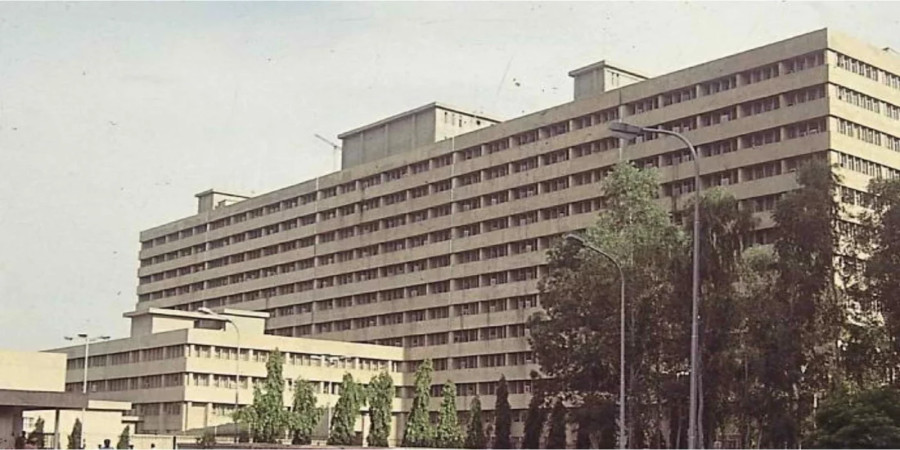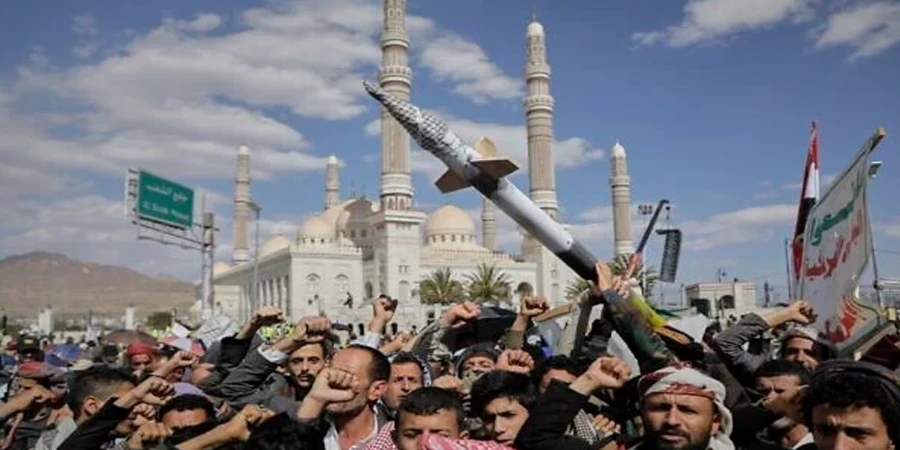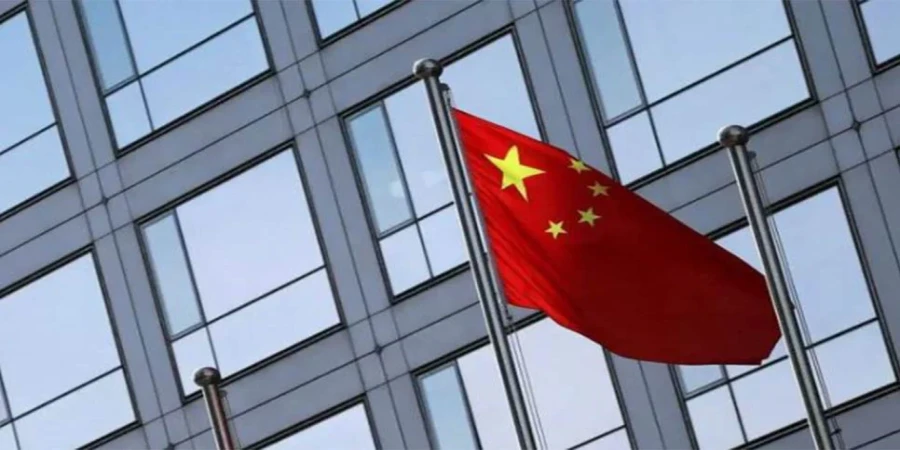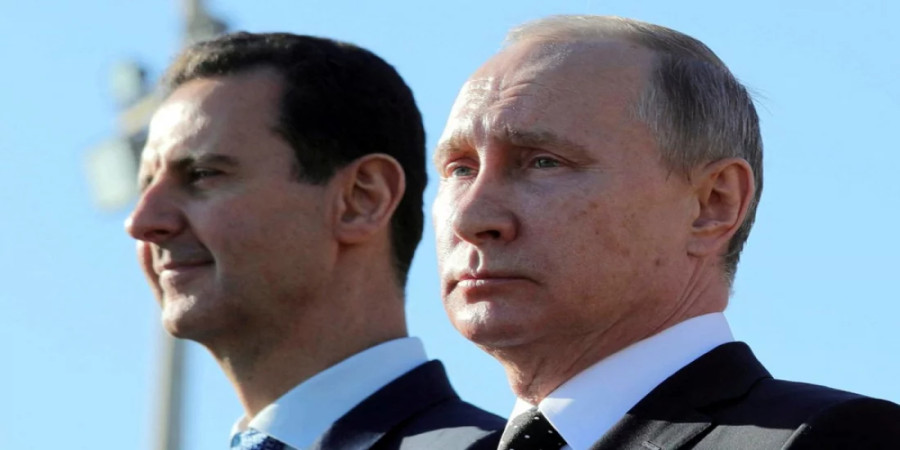
ছবি: Bashar al-Assad remained in power for nearly a decade with Russia's support.
For nearly a decade, Russia's military power ensured the survival of Bashar al-Assad’s regime in Syria. However, recent events have dramatically altered the landscape. Reports suggest that Assad has been deposed and flown to Moscow along with his family under the guise of “humanitarian considerations.” This sudden turn of events marks the collapse of Moscow's carefully constructed project in Syria and raises questions about Russia's influence and reputation on the global stage.
Russian state media, citing Kremlin sources, confirmed that Assad and his family were granted asylum in Russia. The Russian Foreign Ministry issued a statement expressing “deep concern” over the developments in Syria. Nevertheless, Assad's fall undeniably strikes a blow to Russia's image, undermining its role as a dominant player in the region.
In 2015, Russia intervened in the Syrian civil war, deploying thousands of troops to prop up Assad’s government. This military support was not merely about saving Assad but also about asserting Russia’s position as a global power. For President Vladimir Putin, Syria was a proving ground to challenge Western dominance and showcase Russia's military might.
Russia’s intervention initially appeared successful, with Assad's forces regaining significant territory. Putin’s visit to the Hmeimim Airbase in 2017 to declare victory underscored this success. However, reports of civilian casualties caused by Russian airstrikes marred the campaign. Despite international criticism, Moscow confidently showcased its operations, even inviting foreign journalists to witness its military achievements.
In exchange for military aid, Assad’s regime granted Russia long-term leases on critical military bases, including the Hmeimim Airbase and the Tartus naval facility. These bases not only strengthened Russia's presence in the eastern Mediterranean but also served as logistical hubs for operations in Africa and beyond.
The current upheaval raises pressing questions for Moscow, particularly regarding the future of its military assets in Syria. The Russian Foreign Ministry has stated that its bases are on “high alert,” though they currently face no immediate threats. Russian state TV has reported that representatives of the Syrian opposition have assured the safety of these installations, indicating ongoing negotiations to secure Russian interests in the region.
The loss of Assad, a key ally, represents a significant setback for Russia. Moscow had heavily invested in his regime, both financially and politically. Framing Assad’s fall as anything other than a failure poses a challenge for the Kremlin, which is now grappling with the narrative.
Russian state media has shifted blame to the Syrian military, accusing them of failing to mount an adequate defense against rebel forces. During a prominent weekly news show, the host criticized the Syrian army for abandoning key positions without resistance, calling it a “mystery” given their superior equipment and numbers.
Despite these challenges, Russia appears focused on minimizing domestic backlash. State media emphasized that while the situation in Syria is concerning, Russia’s priority remains its own security, particularly in light of ongoing military operations in Ukraine. This messaging aims to reassure Russian citizens that their government is prioritizing national interests over foreign entanglements.
The fall of Assad signals a dramatic shift in the Middle East, where Russia had established itself as a critical player. While Moscow scrambles to adapt to the new reality, its ability to maintain influence in Syria and the broader region remains uncertain. The Kremlin’s response in the coming weeks will determine whether it can salvage its standing or face a long-term decline in regional influence.
repoter



